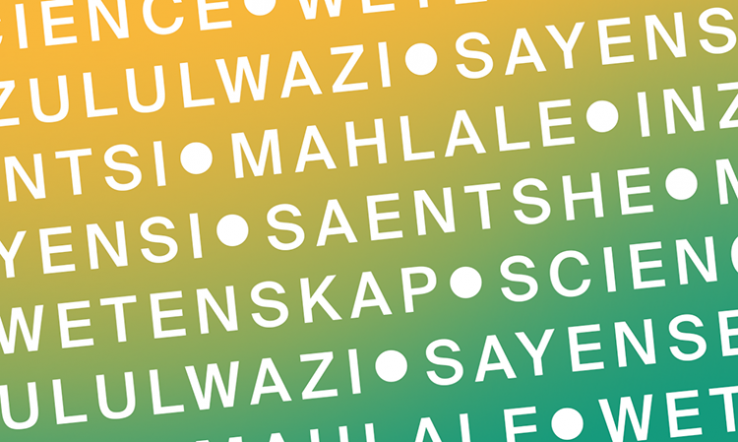
New head of Universities South Africa’s working group on languages vows to keep up momentum
The incoming chair of Universities South Africa’s working group on teaching and learning African languages has said that much still needs to be done to incorporate the country’s indigenous languages into academia.
In a statement last month outlining the priorities for Usaf’s Community of Practice for the Teaching and Learning of African Languages (CoPAL) for the coming year, Nobuhle Hlongwa said that using African languages in science, for example, required a “radical transformation” of their role in academia.
But that should not dissuade efforts, she said: “When we are afraid to make use of African languages, they will remain on the periphery.” Hlongwa leads the School of Arts at the University of KwaZulu-Natal.
Language audit
South Africa has 11 official languages, yet its academic output is dominated by two: English and Afrikaans. In 2022, the South African Centre for Digital Language Resources started an audit across 26 South African public universities of resources and infrastructure in place to support the implementation of the country’s Language Policy Framework. The framework is designed to develop and strengthen indigenous languages in scholarship, teaching and learning at tertiary level.
Hlongwa will work closely with Langa Khumalo, her predecessor at CoPAL, on completing the audit. “We look forward to seeing a comprehensive picture of what universities have done, what resources are available and what should be prioritised,” she said.
She added that the second vice-chancellors’ colloquium on language practices that took place last year laid a solid foundation for the work to begin. Audits have been completed or are underway at several universities in the country, and more are due to take place this year.
Hlongwa encouraged universities to continue exploring partnerships and collaborations to reach their goals. “Partnerships are a way to fast-track the intellectualisation of African languages,” she said, adding: “The most important thing for me is to position African languages at the centre of the transformation agenda of the higher education landscape.”
